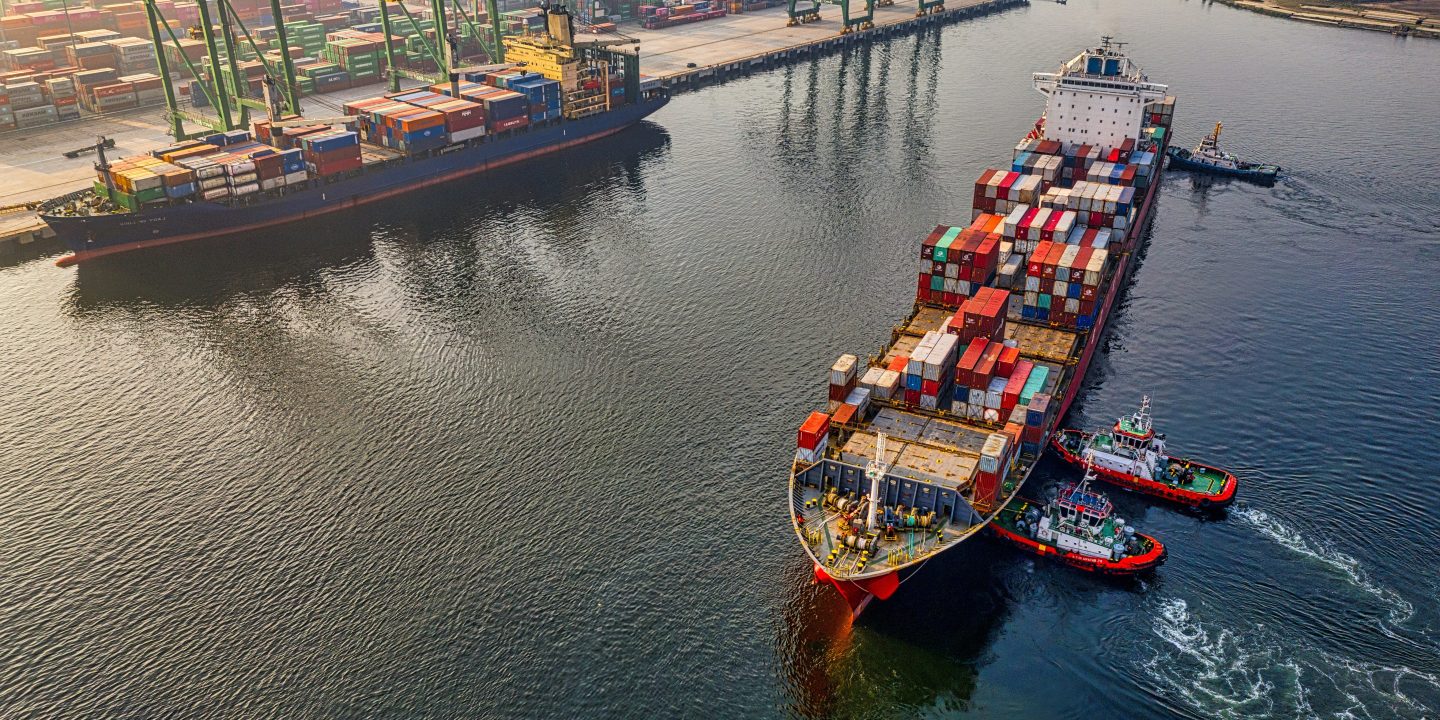World Maritime Day is observed each September to focus attention on the importance of maritime activities. Shipping transports about 90% of international trade and produces 2-3% of global CO2 emissions. These could rise by 250% as demand for freight shipping may triple by 2050. Many ship owners are committed to decarbonisation, with some companies already planning to reach net zero by 2050. Momentum is building; at the opening of London International Shipping Week, the UK government called for a net-zero emissions target for the sector.
The World Ocean Summit explored the roadblocks and opportunities towards reaching net-zero—from innovation and technology to financing and collaboration. Short-term solutions include using liquefied gas, lengthening transit times and adopting smart technology to improve efficiency. Exploring alternative fuels like hydrogen, ammonia, methanol, nuclear and wind to power zero-emission vessels will take longer and requires cross-sector collaboration, strict global regulations and billions of dollars in investment in new technologies and infrastructure.
Shipping will be one of the industry tracks at the upcoming World Ocean Summit Asia-Pacific. This month we are featuring two blogs from speakers at the summit: from Kevin Leung, CEO of DHL Global Forwarding in Asia Pacific, discussing a greener future for ocean freight, and from Sabrina Chao, president of BIMCO, examining the opportunities and challenges of ship recycling. Access all speaker blogs here. We would also be happy to welcome you to an upcoming WOS Insight Hour webinar on decarbonising maritime transport.

